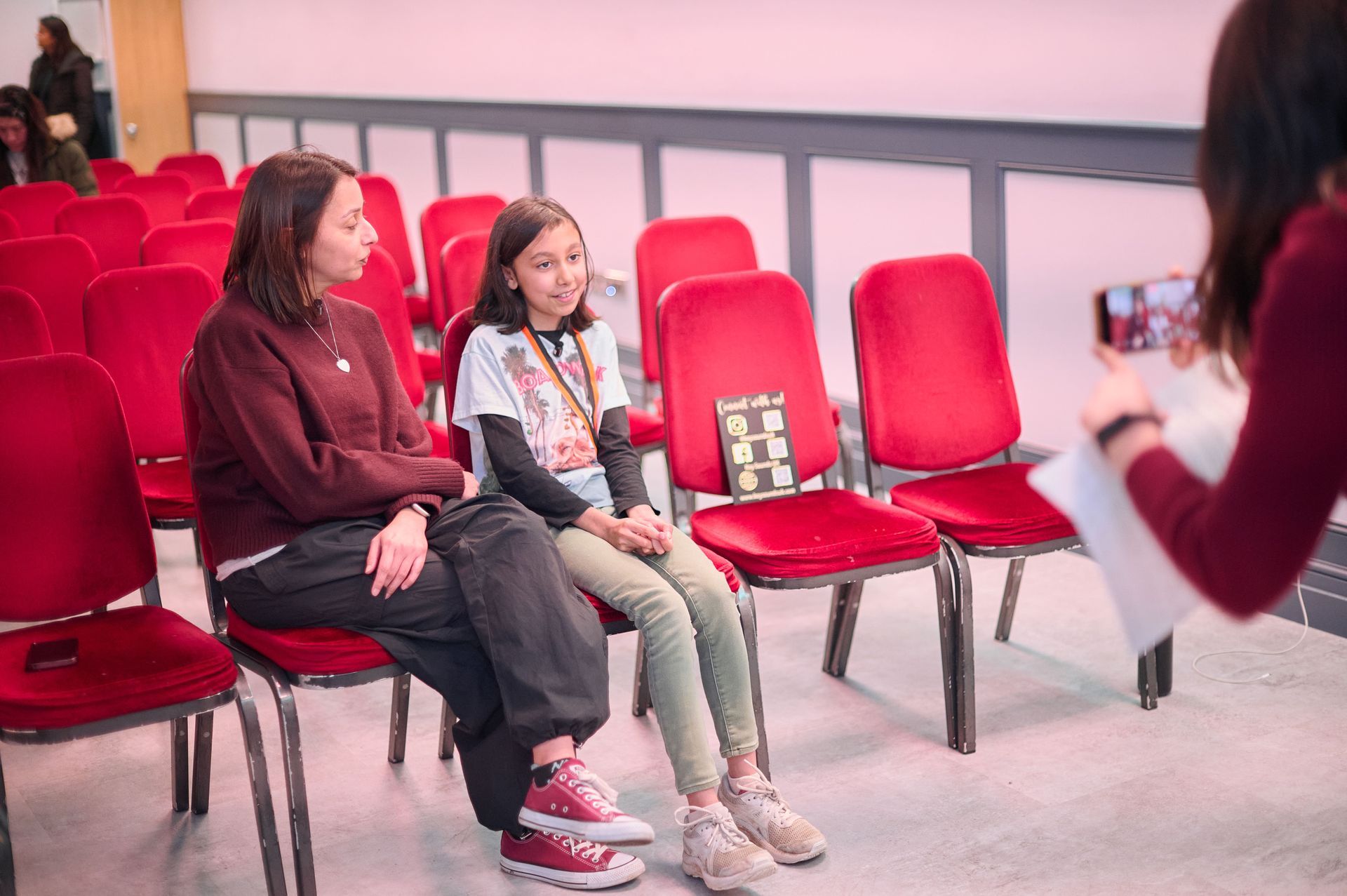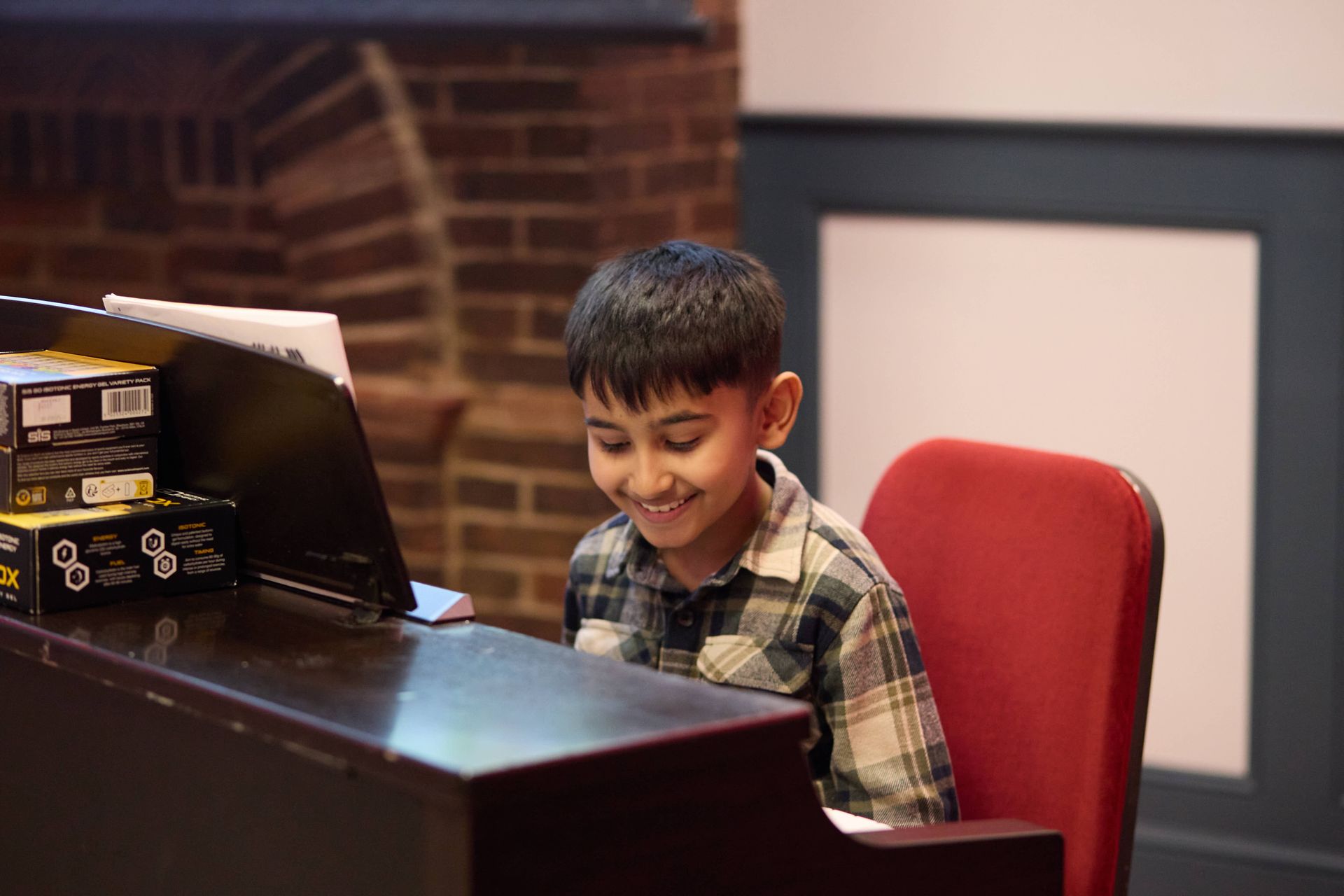5 THINGS YOU SHOULD KNOW TO FIND YOUR PERFECT PIANO TEACHER
With so many piano teachers out there with a variety of different teaching methods and approaches, it’s so easy to know which teacher will support you and your needs as an aspiring musician.
To help support you in your journey, I’ve compiled a list which will support you in choosing the perfect piano teacher for you!
- Do your research
In the music industry today, there are so many unqualified teachers who don’t have an education or background in music. Both myself, my teacher and some of my current students have experienced this! Therefore, we decided to use this as an opportunity to share what we learnt.
Personally, I prefer a teacher who can play so that they can empathise with my struggles and demonstrate different techniques if required to do so.
If you are looking to learn grades or a specific genre of music then have a read into the teacher’s background as they may specialise in teacher one or the other.
- Individualised Approach
Everyone learns differently. Some are visual learners, some are auditory learners and others are kinaesthetic learners. It may be useful to check on the teacher’s website or contact them to ask them how they would tailor their resources to best help you succeed.
- Consistency
If they are consistent, they are committed.
How often do they teach and does this work with your timetable?
If your teacher can fit you in for regular sessions – say once or twice per week then this will help both your progress and accountability both in the short and long term.
- Previous Results
Ask your chosen teacher what their other students have achieved since learning with them and use this this as a measurement of their delivery and skill set.
- Open to new musical ideas
There are some teachers who solely specialise in teaching one genre of music whilst there are others who teacher a mixture of genres.
If you wish to master one particular style of music then choose a teacher who can meet these needs. However, if you choose to be a musician with a variety of skills then choose a teacher who can meet these needs instead.
Use this time to take up some research or ask your current teacher some questions which will help enhance your musical journey. Feel free to ask us any questions you may have!
For more tips and tricks follow us on Instagram: @keysoundsuk or Facebook: www.facebook.com/keysoundsuk
The post 5 THINGS YOU SHOULD KNOW TO FIND YOUR PERFECT PIANO TEACHER appeared first on Key Sounds UK.





